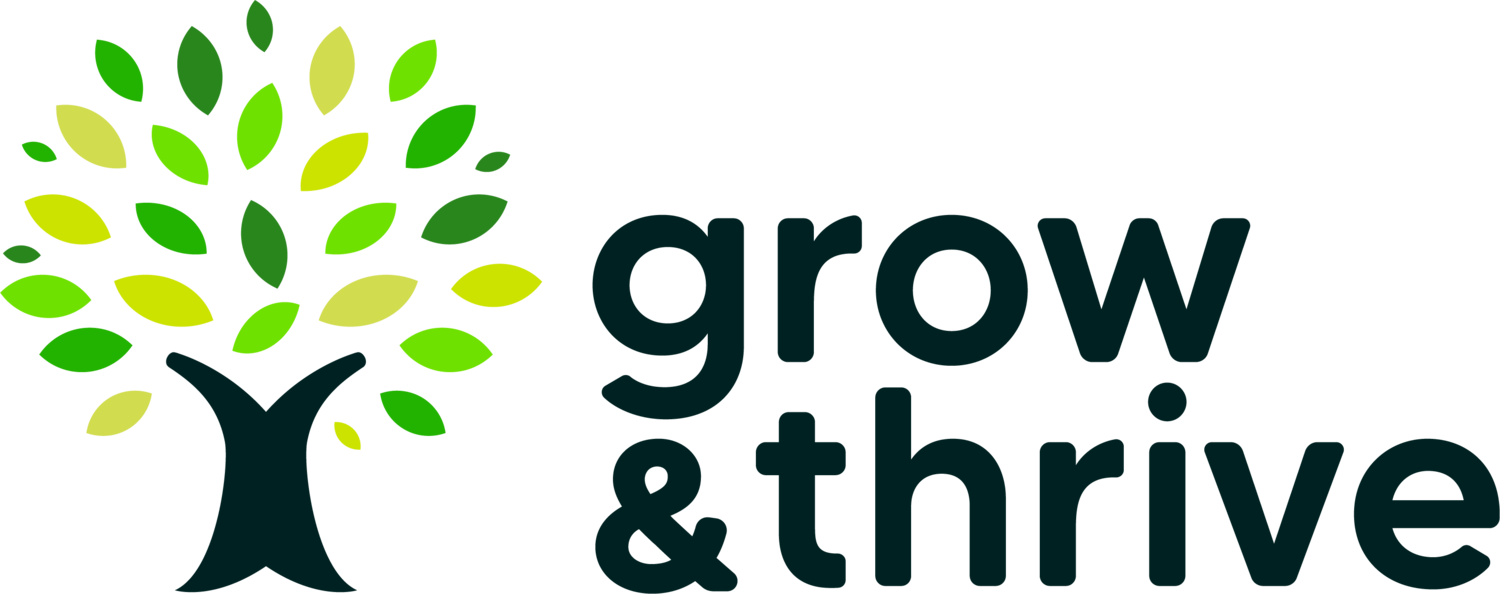Post Covid….
2022 saw the release from Covid although we continue to appreciate the long lasting impact that the pandemic has had for many. For the young people who come to us, the impact of Covid has often been part of their story and routinely forms an integral part of our assessment.
The team have reflected on the frequency of referrals which have flooded in after tlockdowns eased, with young people who were really struggling to get back into the rhythm of school. What we have come to realise is that Covid was itself the circuit breaker for some neurodivergent young people to let us know that the situations of school, homework, clubs, demand/expectations, social and societal pressure were unsustainable and that something had to change.
How many of our young teens managed through primary school but began to quickly find things really challenging once they entered secondary education? The cognitive, problem solving, executive function and social skills required to navigate secondary education can be utterly overwhelming and, once in a place of stress and anxiety, even harder to manage as the energy battery dwindles far faster than it can be re-charged. Add Covid lockdowns into the mix where learning moved online, friendships were lost or much harder to maintain coupled with uncertainty, fear and loss, it seems obvious to us now that things could not go back to the way it was before for many.
At Grow, over the past 2 years, we have been working to support young people, their families and their wider world (education, clubs, wider family) to think about good fit situations which allows a young person to find balance, calm anxiety and get back to developing their skills.
The following case study maps out a young person’s journey with Grow (identifiable details have been changed)
Jessie was in S1 when the schools closed for lockdown 1. They found lockdown really hard due to not being able to see their small group of friends daily and it felt hard to keep things going through social media/messaging. Home schooling felt overwheling and complicated - IT systems were tricky to navigate and led to arguments at home. Jessie’s mood dipped over the next few months with a loss of enjoyment of the things they had previously been passionate about. Jessie become withdrawn from family, spending more and more time in their room, eating less and finding it difficult to be motivated to do even basic self care tasks. It was agreed that home learning was not a priority. Once school’s re-opened, Jessie worked hard to return but found the environment noisy, fast paced and overwhelming. The school met with parents and it was agreed Jessie could access the base, focusing on attending classes they enjoyed. This did not reduce the signficant anxiety Jessie was now expereincing on a daily basis and the number of days in which Jessie could not make it into school were increasing due to panic attacks. Jessie lost all confidence in learning. Friendships fell away due to the inconsistently of attendance. Referrals were made to CAMHS and support was sought from psychology. It was at this point that the family reached out to Grow on the advise of the clinical psychologist who wondered whether Jessie may have a neurodevelopmental condition such as ASC.
Jessie and their family worked with the team to first support their mood, then understand their cognitive and learning style and finally with a neurodevelopmental profiling assessment. This journey was not a quick one. Jessie required support through medication to support both sleep and mood initially. Using the SMARTS framework, the family began to understand what Jessie needed and made gradual shifts, first to reduce demands, then supporting opportunities to enable Jessie to fill up, then skill up and then by gradually introducing moments of gentle push - stretching Jessie’s capacity to manage challenge.
Over time, things for Jessie began to shift. Jessie’s mood shifted and they began to experience the world around them again - it was becoming noticeable that Jessie has many strengths and interests which brought them pleasure. Their understanding of themselves grew as we worked together to to map out their neurodevelopmental profile and what it meant for them as an individual. Their world began to expand. A desire to learn re-emerged.
Due to the anxiety around school, alternative opportunities were sought and the information gleaned through the assessments with Grow helped everyone have a better understanding of why this was important for Jessie at this point in time.
Jessie is currently working towards some qualifications and has identified goals for their future education.
The assessment process at Grow aims to really help create understanding of the strengths and skills of the individual as well as what the situation needs to look like to allow them to thrive.
Katy and the Team
